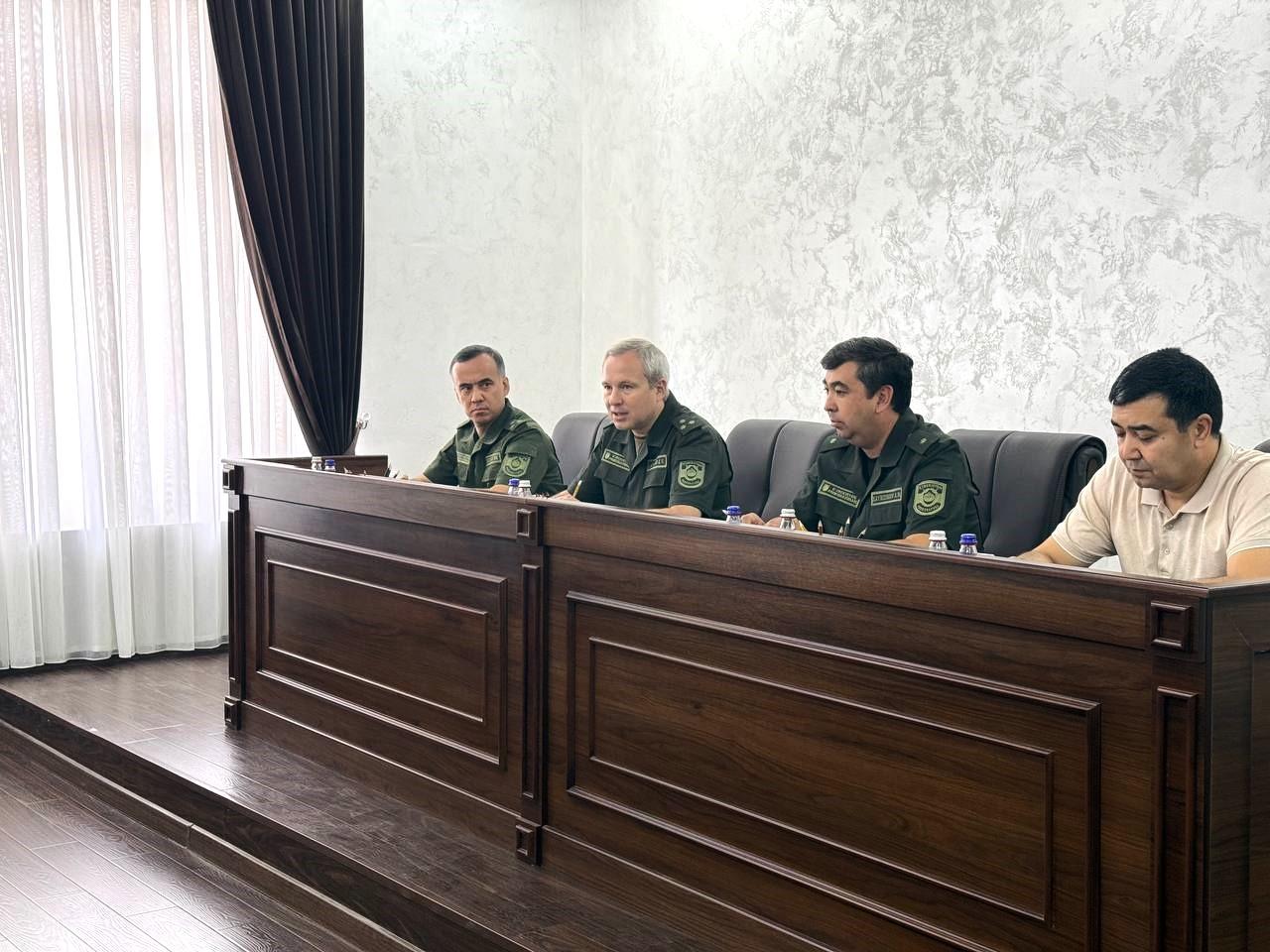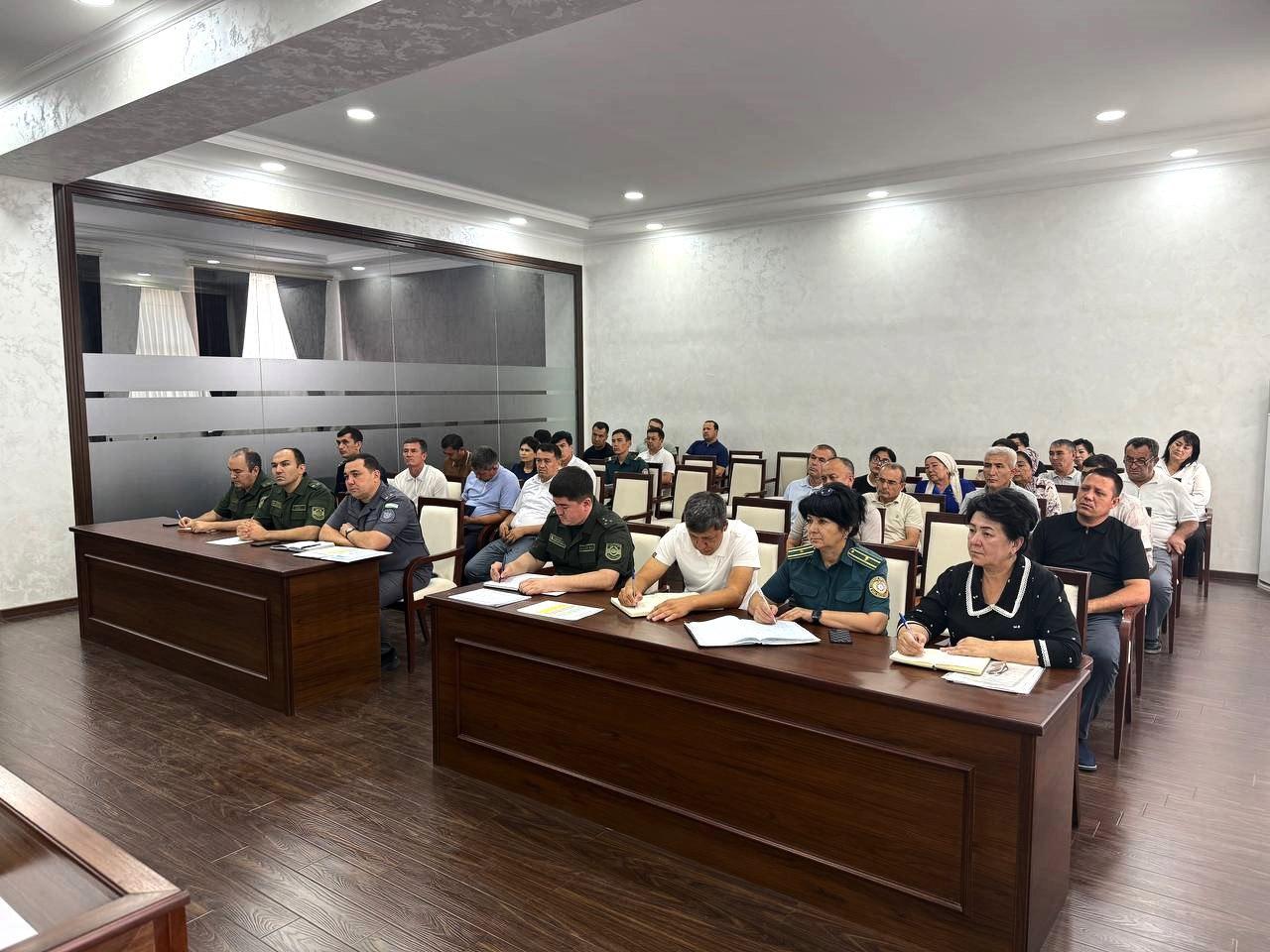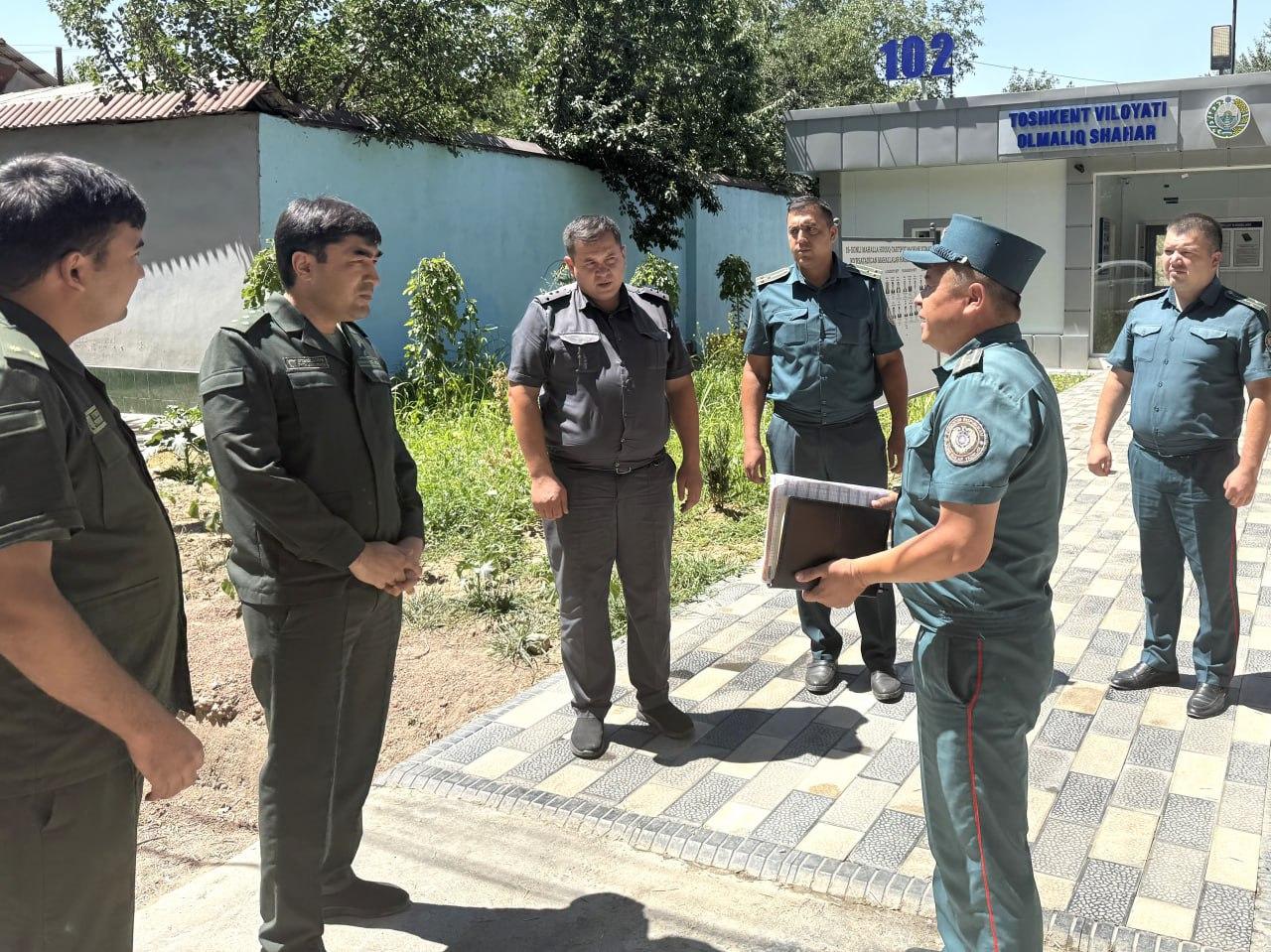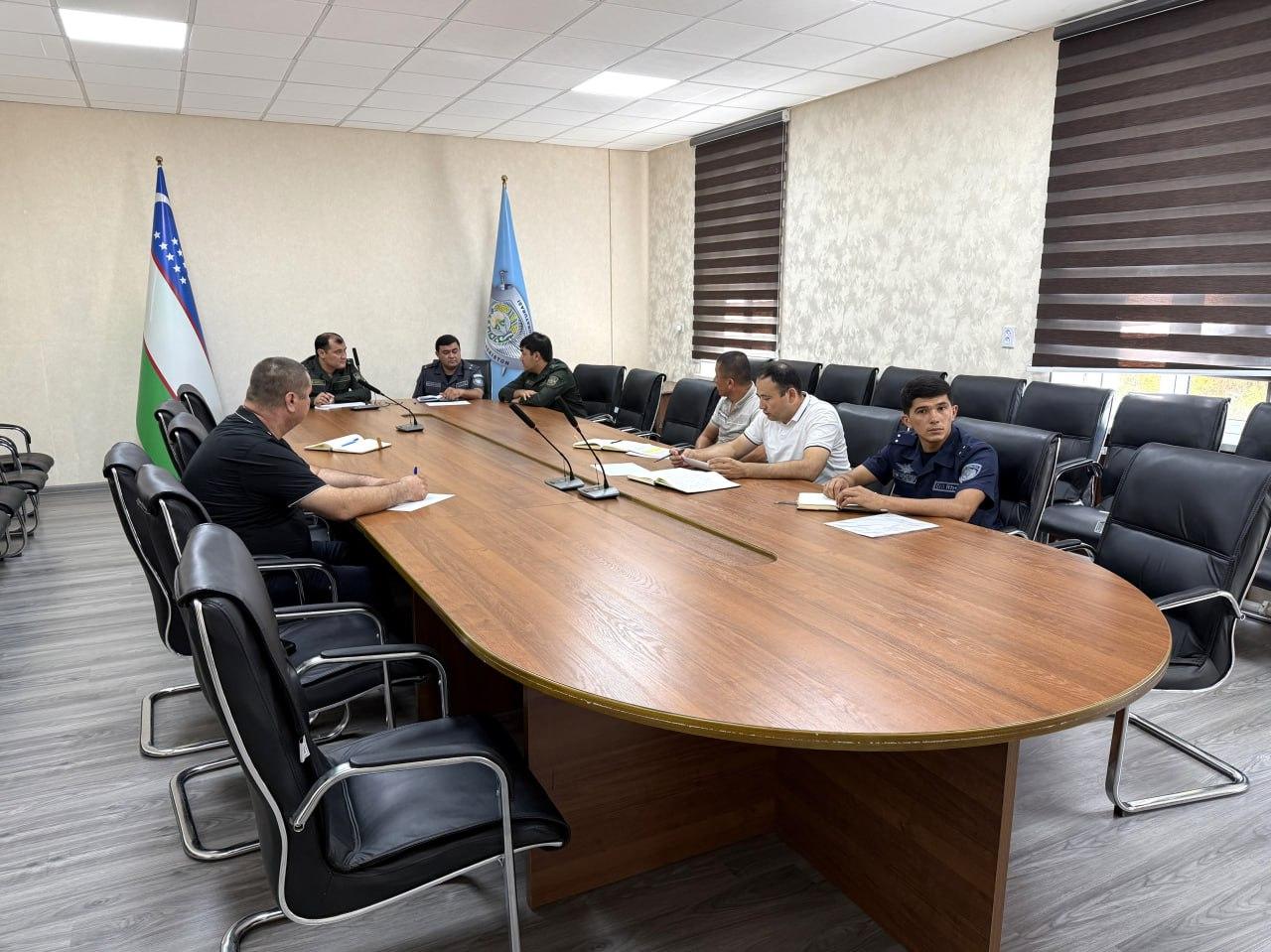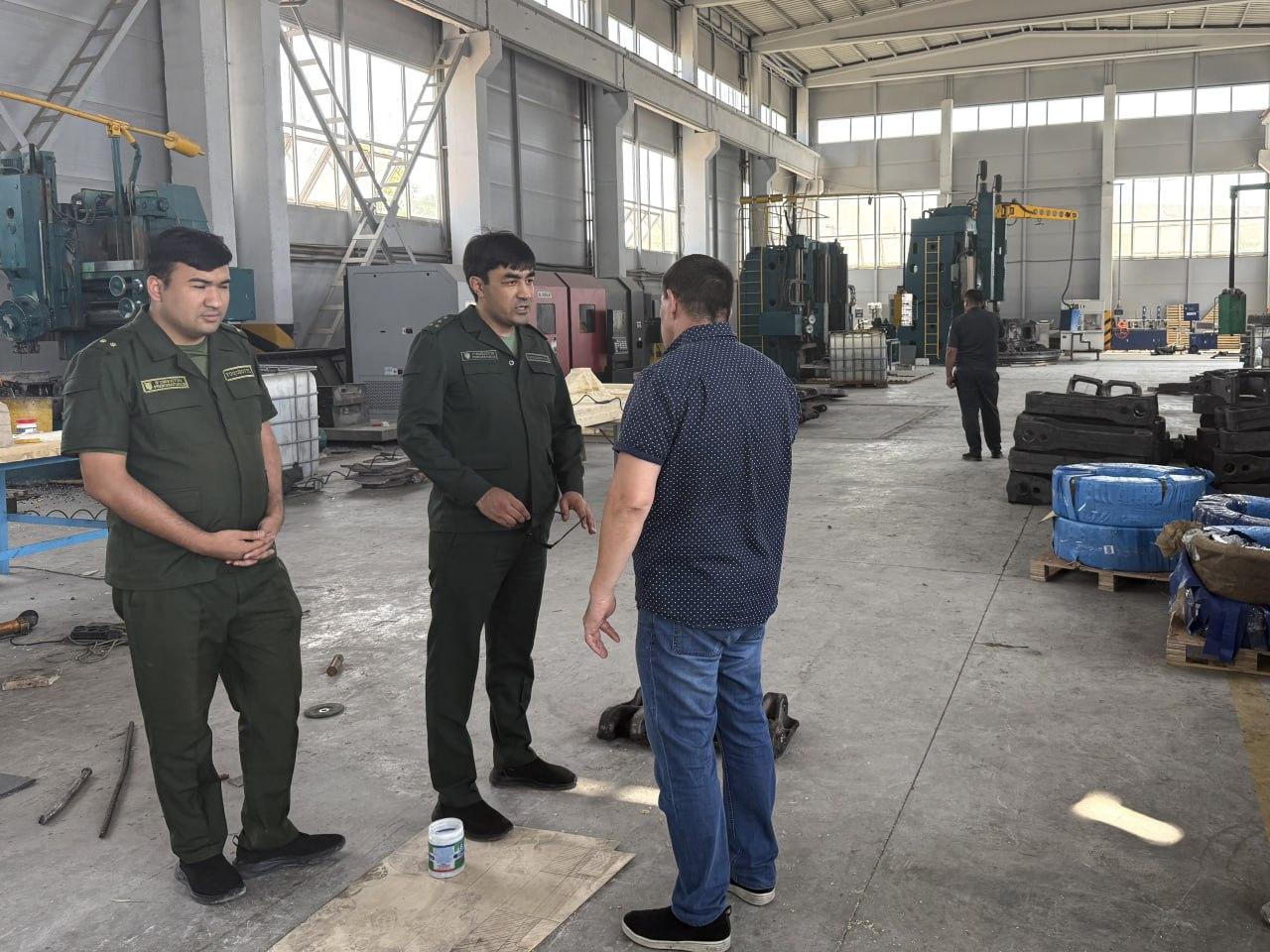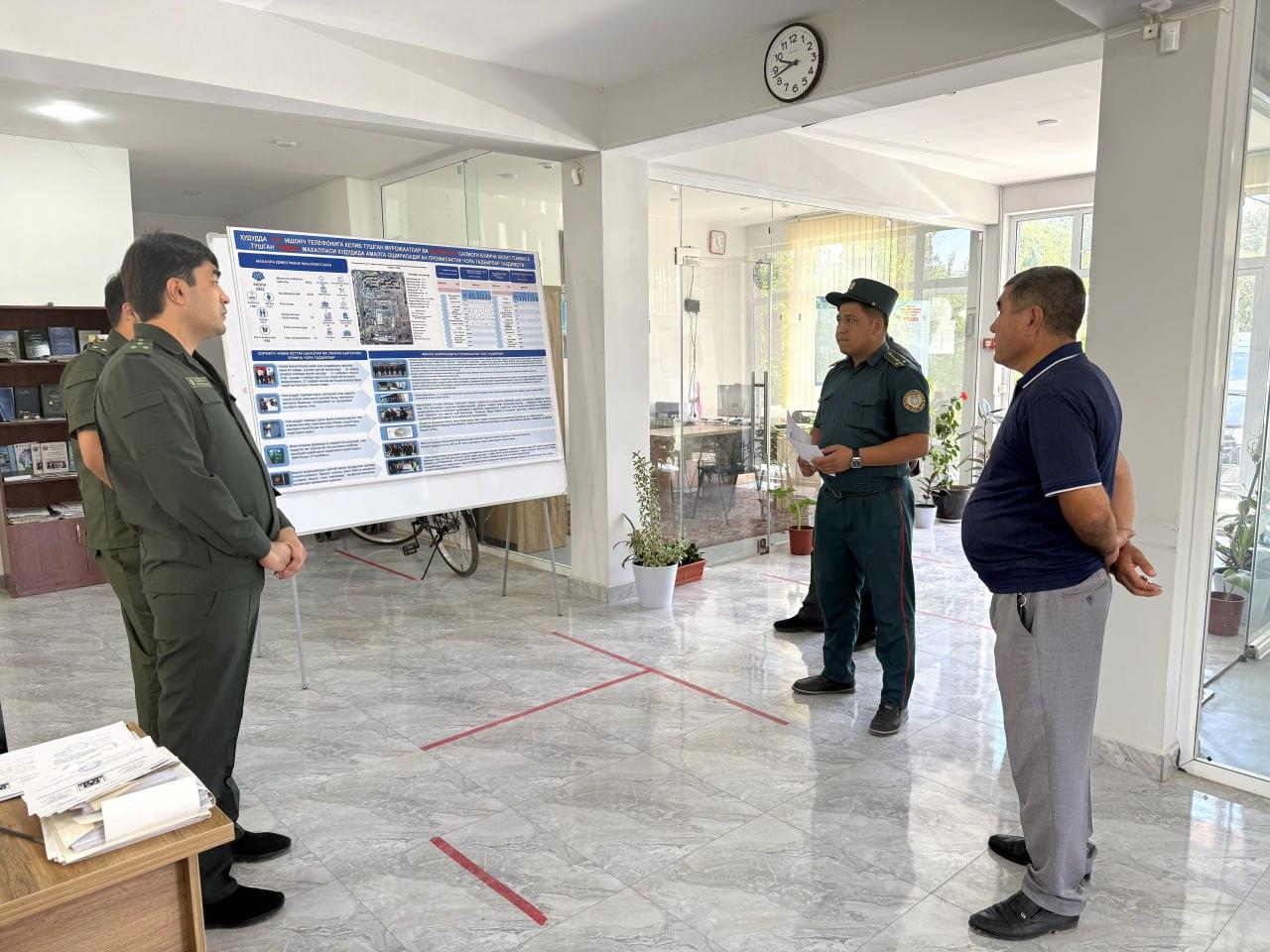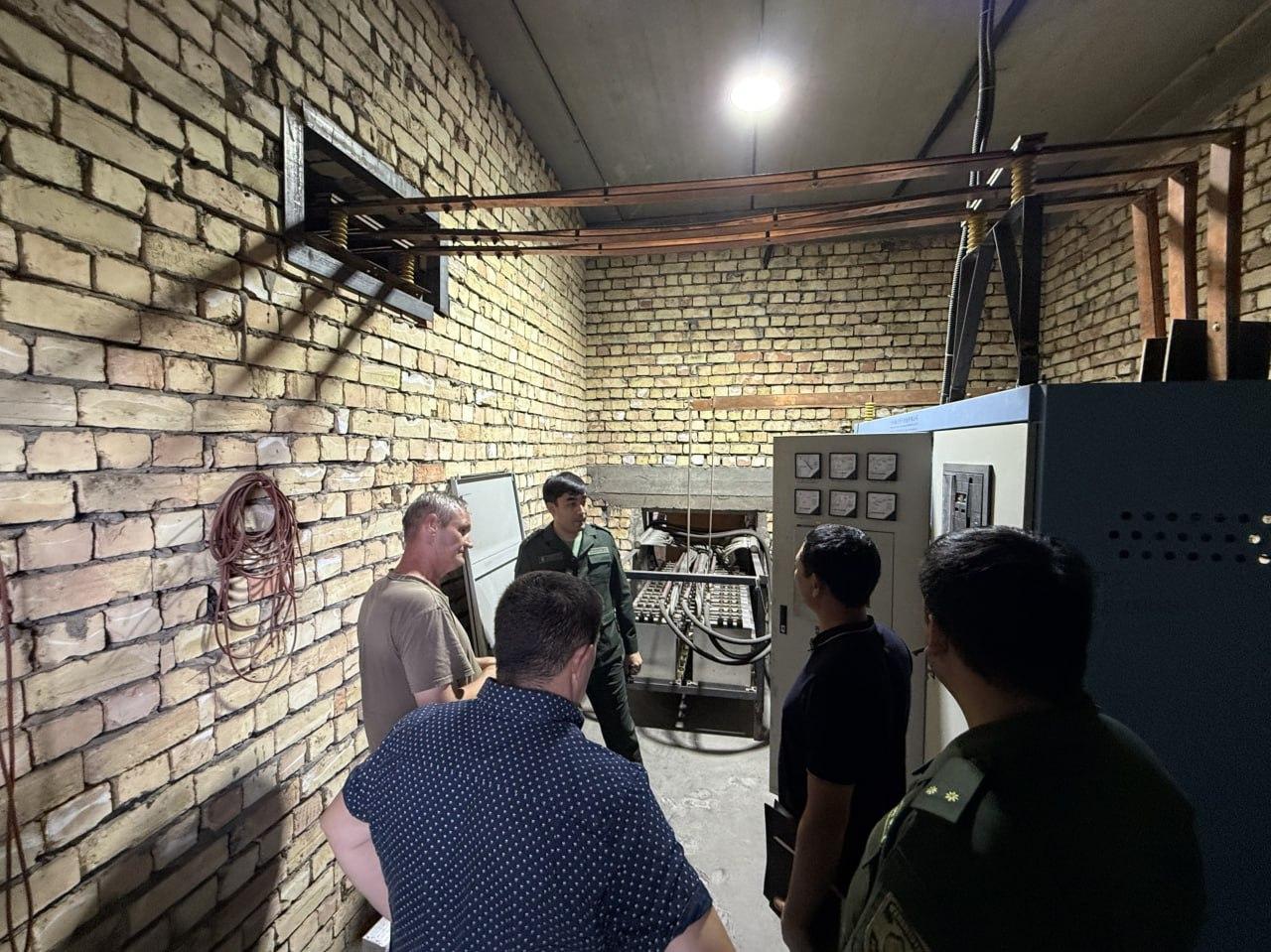Mobile Training and Practical Sessions Held for Prosecutors and Law Enforcement Officers in Almalyk and Angren
Mobile training and practical sessions were organized in the cities of Almalyk and Angren on key topics such as combating crime, fighting cybercrime, preventing petty corruption, and enhancing energy efficiency monitoring. These sessions were conducted as part of a field visit by a working group led by E.V. Kolenko, First Deputy Head of the Academy.
The events, held in a hybrid format, brought together the leadership and staff of the Almalyk and Angren city prosecutor’s offices responsible for the relevant areas, as well as district prosecutors, their deputies and assistants, and investigators from regional and district law enforcement bodies.
During the sessions, participants were introduced to the capabilities of the Academy’s Institute for Digital Forensics under the theme “The State of Crime Committed Using Information Technologies, Practical Issues, and Increasing the Effectiveness of Solving and Investigating Such Crimes.” They were informed about the types of expert examinations that can be conducted in cybercrime investigations and provided with explanations on how to use the methodological guide developed by the Academy titled “The Investigator's Field Guide for Handling Criminal Cases in the Field of Information Technology.”
Another part of the training focused on “Creating a Safe Environment in Communities and Improving the System for Early Prevention of Offenses.” Practical examples were provided to explain the shortcomings in daily and periodic crime prevention activities, how to eliminate these issues, and how to organize the work more efficiently. Specific recommendations were also given to improve the quality of investigations.
The session continued with the topic “Preventing Corruption, Including Eliminating Petty Corruption.” Participants were given a detailed presentation on petty and administrative corruption offenses occurring in daily life and how to conduct routine oversight activities to prevent them.
In the final segment of the event, a session on “Prosecutorial Oversight of the Enforcement of Legislation on the Use and Consumption of Energy Resources” was held. It covered the tasks outlined in normative documents and sectoral orders regarding prosecutorial control, as well as key issues to consider during monitoring activities.
The Academy will continue to organize such on-site training and practical sessions in various locations.

